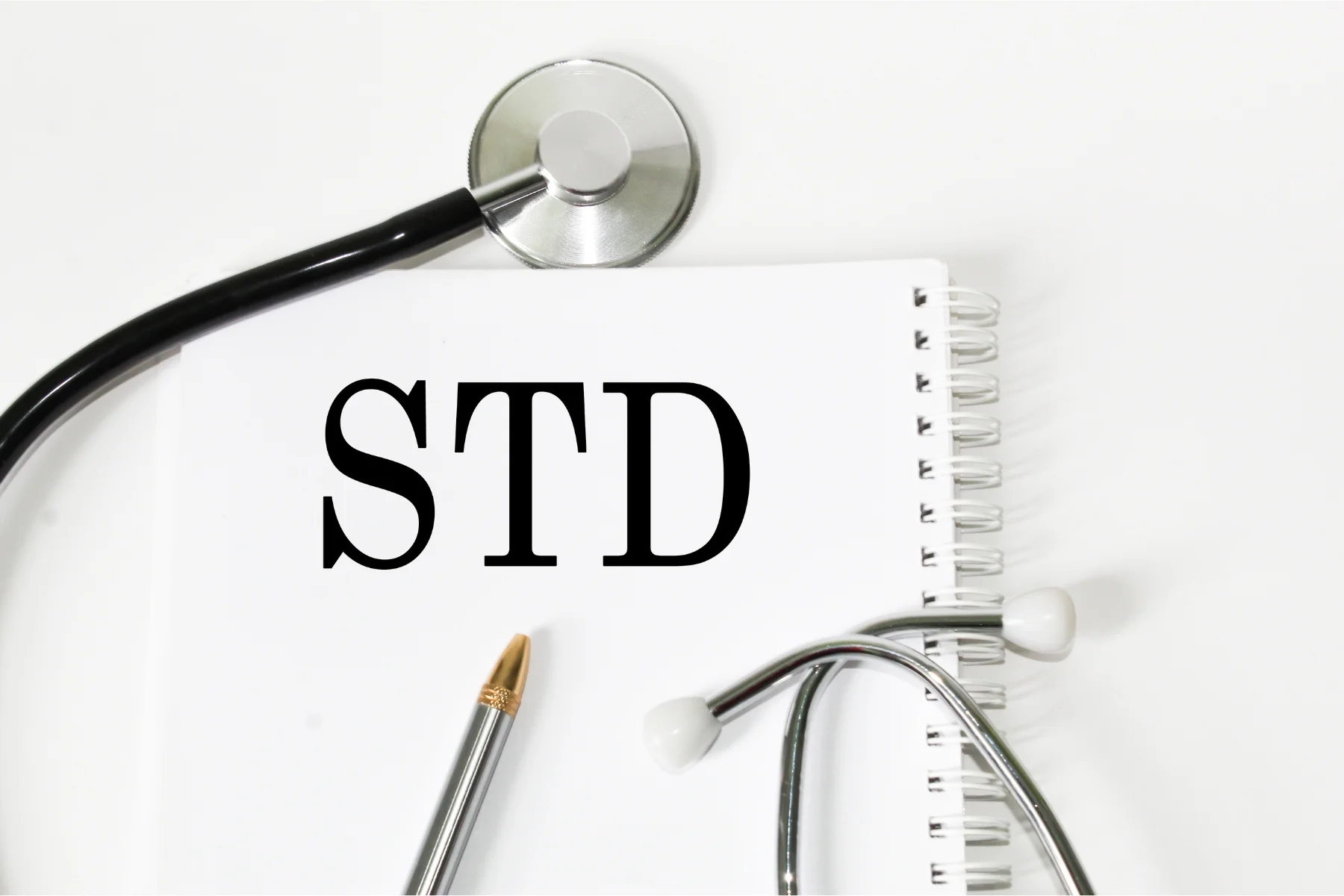Breast cancer is a leading cause of cancer-related deaths among women worldwide, and awareness and prevention are key to reducing its impact. To combat this disease, it’s essential to understand the risk factors and take proactive steps towards prevention. In this blog, our doctors at Vesta Care will delve into some crucial aspects of breast cancer awareness and prevention.
Manage Stress and Prioritize Sleep:
Stress is an inevitable part of life, but managing it effectively is vital for overall health, including breast cancer prevention. Chronic stress can weaken the immune system and may increase the risk of cancer. Incorporate stress-reduction techniques into your daily routine, such as meditation, yoga, or deep breathing exercises. Equally important is getting enough quality sleep, as inadequate rest can affect hormone balance and immune function. Aim for 7-9 hours of sleep per night to support your body’s natural defenses.
Control Your Weight:
Maintaining a healthy weight is one of the most powerful ways to reduce the risk of breast cancer. Extra body weight, especially after menopause, can lead to increased levels of estrogen, a hormone linked to breast cancer. Adopt a balanced diet and an active lifestyle to achieve and sustain a healthy weight. Consult with a healthcare professional for personalized guidance if needed.
Don’t Smoke:
The dangers of smoking are well-documented, and the association between smoking and breast cancer is not to be underestimated. Smoking is known to be a contributor to various cancers, including breast cancer. Quitting smoking significantly reduces your risk. Seek support from smoking cessation programs or healthcare providers if you’re struggling to quit.
Breastfeeding:
Breastfeeding is not only beneficial for your baby but also for you. It is associated with a reduced risk of breast cancer. Breastfeeding can help to lower estrogen levels and keep breast cells healthy. If you’re able to, consider breastfeeding your child, as it’s a win-win for both you and your baby.
Avoid Exposure to Radiations:
Radiation exposure is another risk factor for breast cancer. While medical imaging procedures like X-rays and mammograms are generally safe, discuss the necessity of any radiation-based tests with your healthcare provider. Limiting unnecessary exposure to radiation is important in reducing breast cancer risk.
Be Physically Active:
Regular physical activity not only helps maintain a healthy weight but also has a direct impact on breast cancer risk. Aim for at least 150 minutes of moderate-intensity exercise or 75 minutes of vigorous-intensity exercise per week. Activities like brisk walking, swimming, or dancing can help reduce your risk.
Breast cancer awareness and prevention are within your control. By following these lifestyle guidelines, you can significantly reduce your risk of developing breast cancer. Regular screenings and early detection are also critical, so make sure to schedule routine mammograms and clinical breast exams as recommended by your healthcare provider. Remember, knowledge and proactive steps are your best allies in the fight against breast cancer. Stay informed, stay vigilant, and stay healthy.



